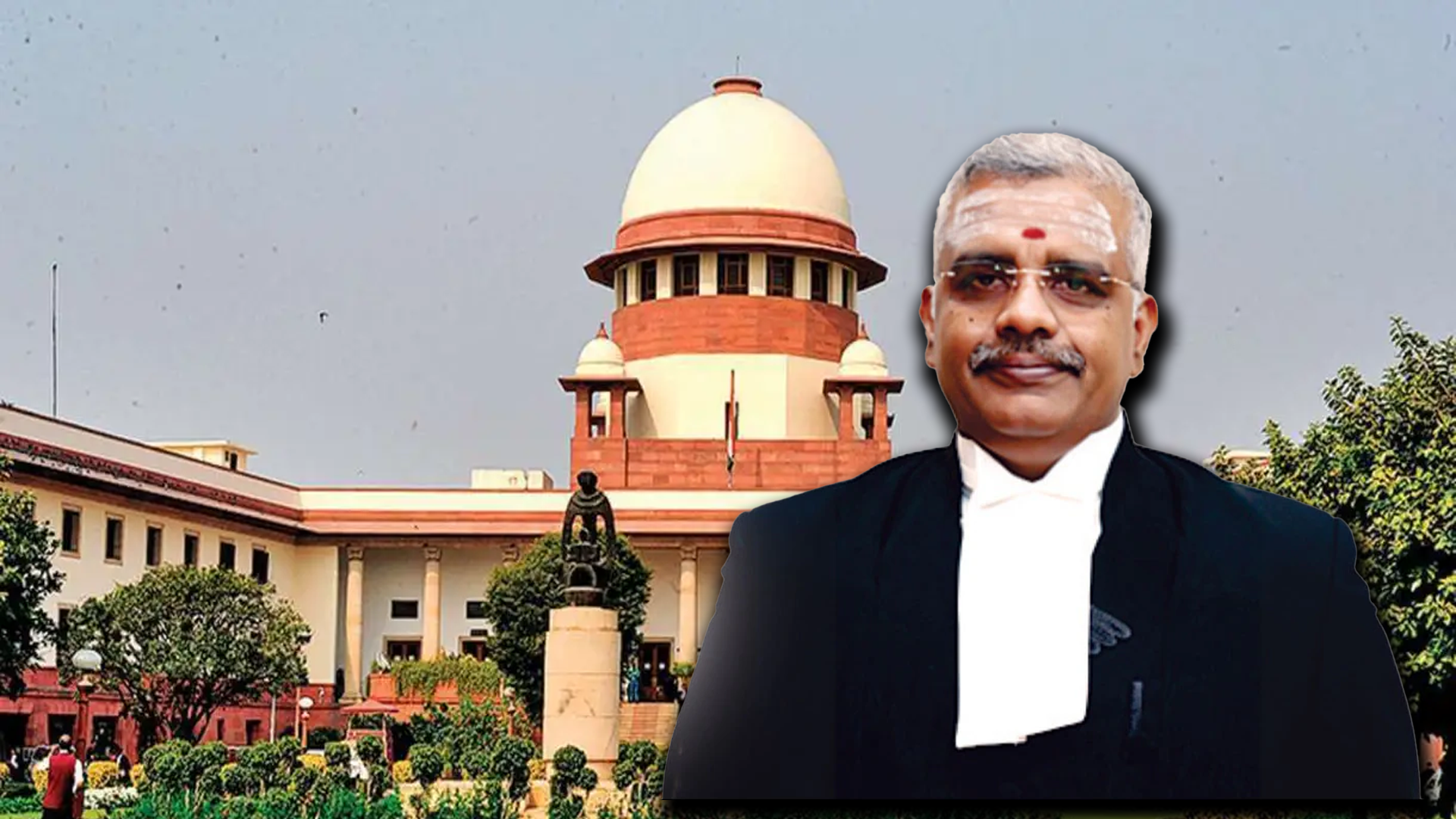The Supreme Court of India is hearing arguments from child protection organizations after the Madras High Court ruled that downloading and watching child pornography is not a criminal offense. In January, the High Court dismissed charges against 28-year-old S. Harish, who was caught in possession of two pieces of child sexual abuse material on his cell phone.
According to OpIndia, in addition to claiming Harish was innocent because he’d never viewed child porn before, Madras High Court Judge N. Anand Venkatesh also noted that it was “done in privacy without affecting or influencing anyone else.”
The defendant claimed that the CSAM had auto-downloaded after he received it through the popular messaging app WhatsApp, which his attorneys maintained is not a criminal offense under the Protection of Children from Sexual Offenses (POCSO) Act and the Information Technology (IT) Act.
“To make out an offense under Section 14(1) of the Protection of Child from Sexual Offenses Act, 2012, a child or children must have been used for pornography purposes. This would mean that the accused person should have used the child for pornographic purposes. Even assuming that the accused person had watched child pornography [videos], that strictly will not fall within the scope of Section 14(1) of the Protection of Child from Sexual Offenses Act, 2012,” explained the judge at the Madras High Court.
Harish had his charges quashed, with the judge explaining that merely downloading and watching child pornography would not be considered a criminal offense under the POCSO Act and the Information Technology law. The decision lead to outrage from child protection groups.
An appeal was filed by two child advocacy organizations – Just Rights for Children Alliance and Bachpan Bachao Andolan – begging the Supreme Court to reverse the High Court’s disturbing precedent, arguing that legalizing the possession of child pornography would promote the material’s creation, and result in consequences for children worldwide.
“The impression is given to the general public that downloading and possessing child pornography is not an offense, which would increase the demand for child pornography and encourage people to involve innocent children in pornography,” contended the petition.
During Supreme Court proceedings, HS. Phoolka, who represented the child advocacy groups, noted that Harish had constantly watched the video over the course of two years.
“The POCSO Act says that if any video or photo is there, you need to delete the same. And in this case, the accused was constantly watching the video. He watched it for two years, according to the report. The first video was before the amendment, but the second was after the amendment, Phoolka said.
After hearing arguments, the bench, consisting of Justice JB Pardiwala and Chief Justice of India DY. Chandrachud, ultimately reserved its ruling, noting that “watching child porn may not be an offense, but children being used in pornography will be an offense and is a matter of serious concern.”
The bench continued that if someone receives or downloads child pornography, they should quickly delete the material to avoid scrutiny, with Chief Justice Chandrachud stating: “Someone receiving the [child pornography] on WhatsApp is not an offense.”
The Supreme Court has not yet struck down the Madras High Court decision, but has allowed child protection groups to submit written arguments until April 22.
The Supreme Court of India’s debate on child pornography’s potential semi-legalization comes amid an ongoing debate in the nation regarding the criminal status of marital rape. According to Supreme Court Observer, a decision is currently pending to determine if marital rape will be made legal in the country, as it is currently not considered a crime in situations where the raped “wife” is not a minor.
The petition was filed by Hrishikesh Sahoo in 2022 after his wife filed a complaint against him, accusing him of rape, cruelty, and making threats of causing harm under the Indian Penal Code (IPC). Additionally, Sahoo had also been charged with sexually assaulting his daughter.
While awaiting trial at the Court of Sessions, Mr. Sahoo filed a written petition at the Karnataka High Court, invoking the marital rape exception, and calling for any charges laid against him for the sexual assault of his wife to be dropped.
Although some are decrying the petition as regressive, the key issues being debated among lawmakers include if an “exception to marital rape violates a woman’s right to equality by denying her the same legal remedies as unmarried women, if an “exception to marital rape [denies] married women of the same status as men in a marriage,” and if an exception to marital rape would “violate a wife’s right to privacy.”
Rampant porn consumption has long been considered a major social problem in India, with multiple incidents occurring over the past few years involving sexual violence against women and girls motivated by pornography.
In one of the most shocking cases from 2021, a 6-year-old was beaten to death after refusing to replicate sex acts with a group of boys who were addicted to porn.
Of the four assailants, two were minors aged eight and eleven. The boys had been accessing adult materials through their parents’ mobile phones while taking part in online school lessons.
A Supreme Court advocate later launched a petition seeking to formally collect data on the link between porn and rape, but the petition was later scrapped.






